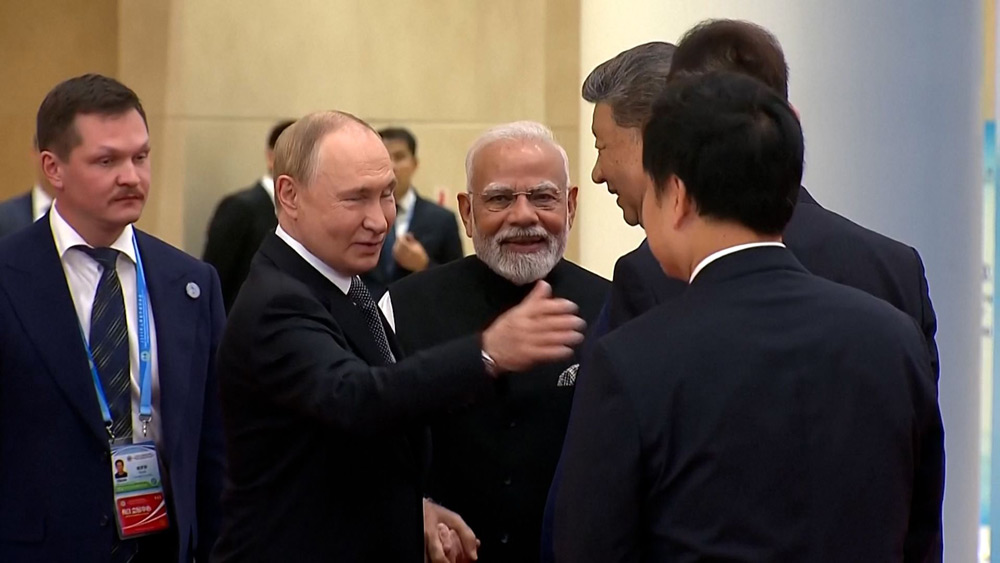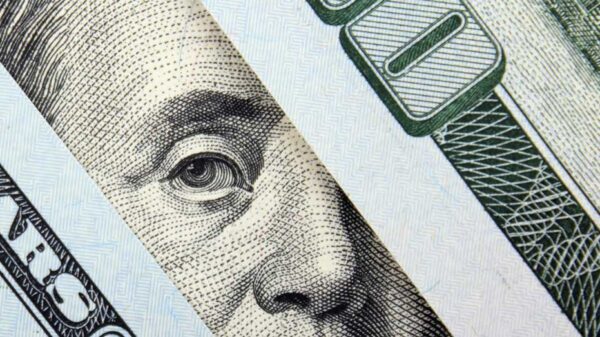A striking photo of Indian Prime Minister Narendra Modi, Chinese President Xi Jinping, and Russian President Vladimir Putin laughing together at the Shanghai Cooperation Organization (SCO) Summit in Tianjin, China, has captured global attention. While the image projects harmony, it conceals a complex web of rivalries, strategic maneuvers, and shifting global power dynamics.
An Image Worth a Thousand Words
The widely shared photograph shows the three leaders in a seemingly easy conversation. However, experts suggest this rare moment of camaraderie masks deep-seated tensions. The unresolved India-China border dispute and Beijing’s growing ties with Pakistan remain significant obstacles to any substantial thaw in relations between the two Asian giants.
Gautam Bambawale, a former Indian ambassador to China, aptly described the situation, saying, “The dragon and the elephant are not dancing yet. They are just looking at each other from opposite sides of the room, trying to assess the implications of their relationship.”
The SCO Summit: A Stage for Symbolism
This year’s SCO summit served as the backdrop for the viral moment. While the organization is expanding in size and ambition, analysts argue that its relevance remains questionable. Jeremy Chan of the Eurasia Group noted that despite being a security-oriented body, the SCO has been largely absent from addressing major global conflicts like Ukraine or Gaza.
The timing of the summit was also notable. Former U.S. President Donald Trump’s renewed tariffs have unsettled global markets, providing China a platform to court the Global South. Trump’s policies have inadvertently boosted the relevance of the SCO, allowing Beijing to position itself as a more reliable partner compared to Washington.
Trump, in a post on Truth Social, accused India of maintaining unfair trade practices, claiming it had historically imposed the highest tariffs on U.S. goods. He added that India’s recent offer to eliminate these tariffs comes “too late,” highlighting growing tensions in the India-U.S. economic partnership.
India’s Balancing Act
India’s participation at the SCO summit reflects a delicate balancing act. Modi’s brief discussions with Xi Jinping signaled New Delhi’s willingness to maintain a dialogue with Beijing and Moscow, even as it strengthens ties with the U.S. and its allies. However, India’s decision to skip the SCO military parade underscored the limits of its engagement.
According to Jeremy Chan, India’s actions are sending a message to Washington: “India is opportunistically signaling that it has strategic options, not only in Beijing but also in Moscow.”
Modi’s quick exit from the summit, immediately after a visit to Tokyo, further emphasized India’s commitment to its U.S.-aligned partnerships in Asia.
Competing Visions of Multipolarity
At the heart of the summit was a debate over the concept of “multipolarity.” For China, it represents a diminished U.S. dominance, allowing Beijing to assert itself as the leading power in Asia. India, on the other hand, envisions a more balanced distribution of power among multiple nations, preventing any single state from dominating the global order.
For Russia, the SCO serves as a rare international platform where President Putin is not on the defensive. The summit highlighted Moscow’s enduring ties with influential Asian partners, despite sustained Western sanctions and international isolation.









